Top US diplomat meets France's Macron to heal rift amid submarine row
US Secretary of State Antony Blinken, in a meeting with President Emmanuel Macron, has attempted to mend bilateral relations, which were soured after the United States pushed Paris aside and signed a lucrative multi-billion-dollar nuclear deal with Australia for submarines last month.
The one-on-one meeting between Blinken and Macron lasted around 40 minutes in the French capital, Paris, on Tuesday.
A senior US State Department official said Macron and Blinken had agreed to use the opportunity to "deepen and strengthen coordination" and characterized the talks as "very productive," while acknowledging that "a lot of hard work remains ahead."
According to the official, the two discussed possible joint projects that could be announced by Macron and President Joe Biden when they meet later this month in Europe.
The projects would likely involve the Indo-Pacific and Western efforts to counter China's growth there and elsewhere, NATO and other trans-Atlantic objectives involving the European Union, and alleged counterterrorism cooperation in Africa's Sahel region.
The Elysée also confirmed the meeting, saying Blinken's visit to Paris would "contribute to restoring confidence."
On September 15, the United States, Britain and Australia established a security partnership for the Indo-Pacific to protect what they called their shared interests and to help Australia acquire American nuclear-powered submarines and scrap a $40-billion submarine deal with France.
Under the new partnership, known as AUKUS, the three countries have agreed to enhance the development of joint capabilities and technology sharing and foster deeper integration of security and defense-related science, technology, industrial bases and supply chains.
Australia had selected French shipbuilder Naval Group in 2016 to build a new submarine fleet worth $40 billion to replace its more than twenty-year-old Collins submarines.
The Biden administration has been scrambling to mend fences with France and the European Union more broadly since then.
France had accused Biden of stabbing it in the back and acting like his predecessor, Donald Trump.
France also briefly withdrew its ambassador to Washington over the matter, before Macron and US President Joe Biden spoke by phone and agreed to hold in-depth consultations.
Meanwhile, China also reacted to the new so-called security alliance announced by the United States, Britain and Australia aimed at addressing security concerns in the Indo-Pacific region, calling on the three countries to shake off their "Cold War" mentality.
The latest development comes as Washington and its allies are looking for ways to push back against China's growing power and influence in the region.
US-China relations have grown increasingly tense in recent years, with the world's two largest economies clashing over a range of issues, including trade, Chinese Taipei, Hong Kong, military activities in the South China Sea as well as the origins of the new coronavirus.
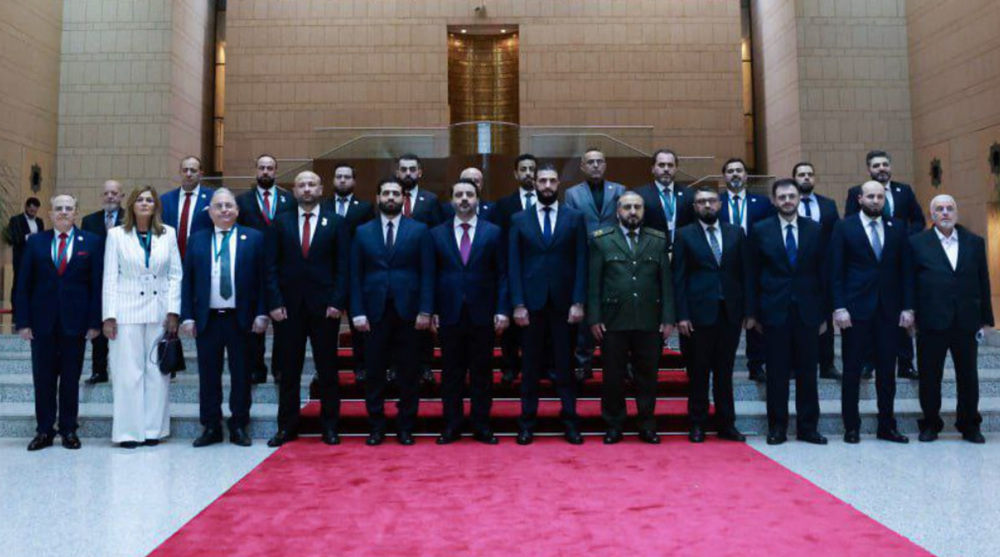
HTS in Syria says to recognize Israel by end of 2026

Popular Front for Liberation of Palestine condemns new US-Israel arms deal
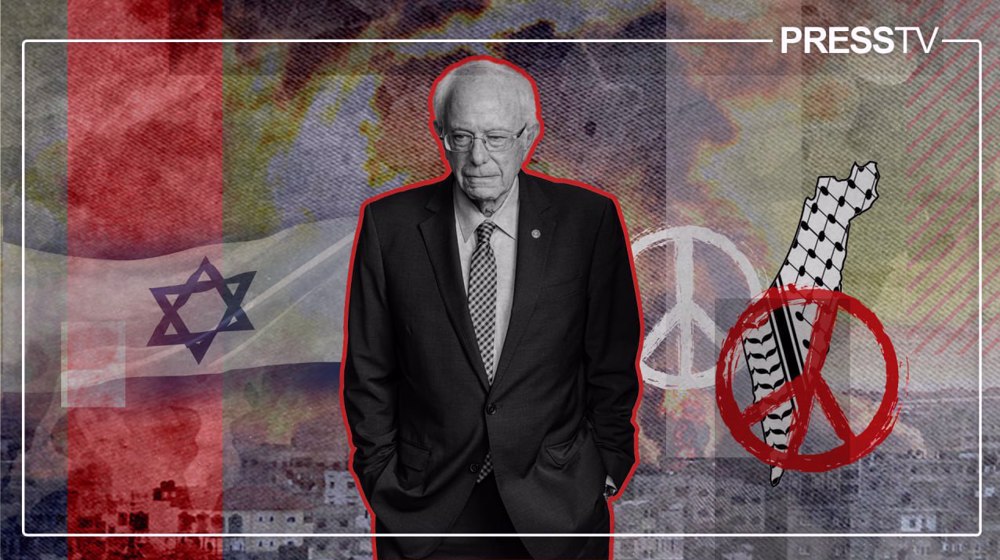
How Bernie Sanders condemns genocide in Gaza without actually condemning it
Hamas urges ‘week-long global’ rallies to push end to Israel’s Gaza genocide
Tehran to host intl. conference on humanity, freedom centered on Leader's thoughts
‘The West as we knew it no longer exists’: European Commission’s chief
Ahmad Manasra and the Israeli military machinery prosecuting Palestinian children
Iran’s enrichment ‘non-negotiable’, talks fruitless under pressure: FM
Pentagon officials placed on leave over 'unauthorized' Yemen leaks
Photojournalist killed in Israeli bombing of family home in Gaza
China says 'not afraid to fight' trade war with US


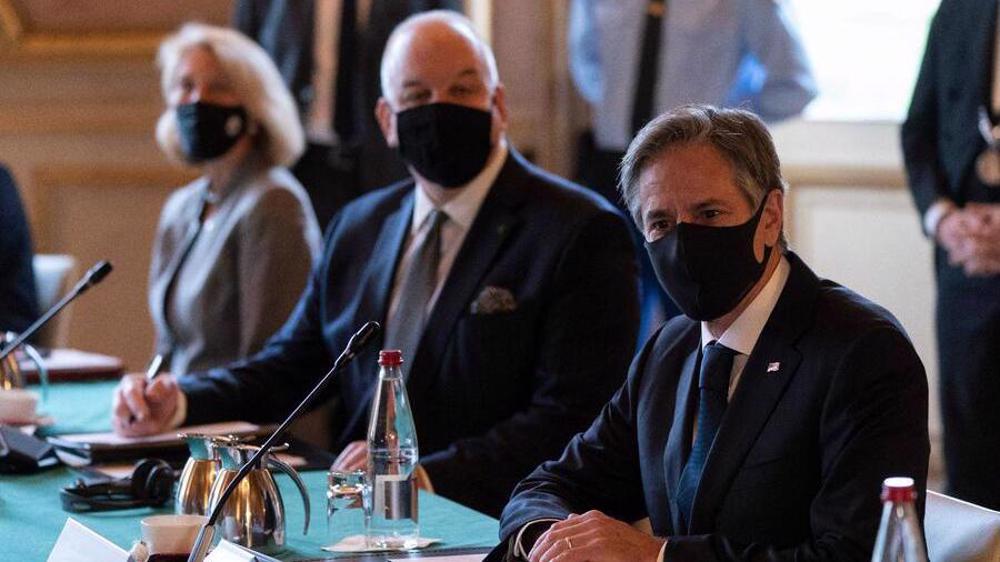
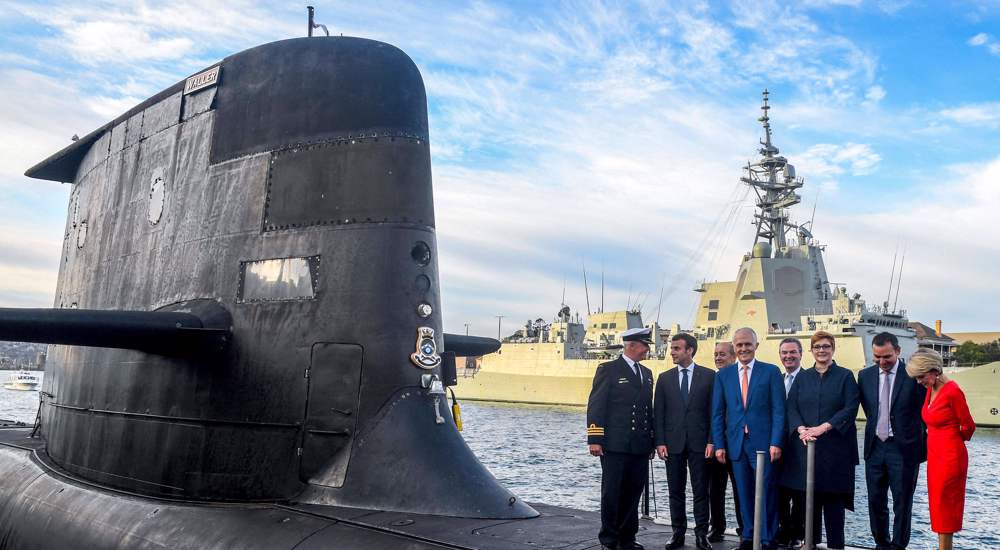
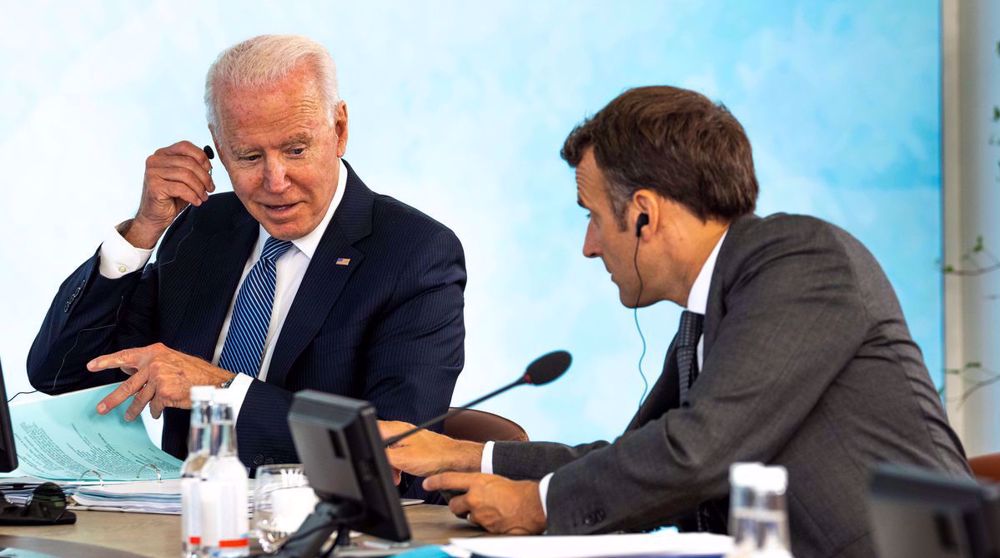
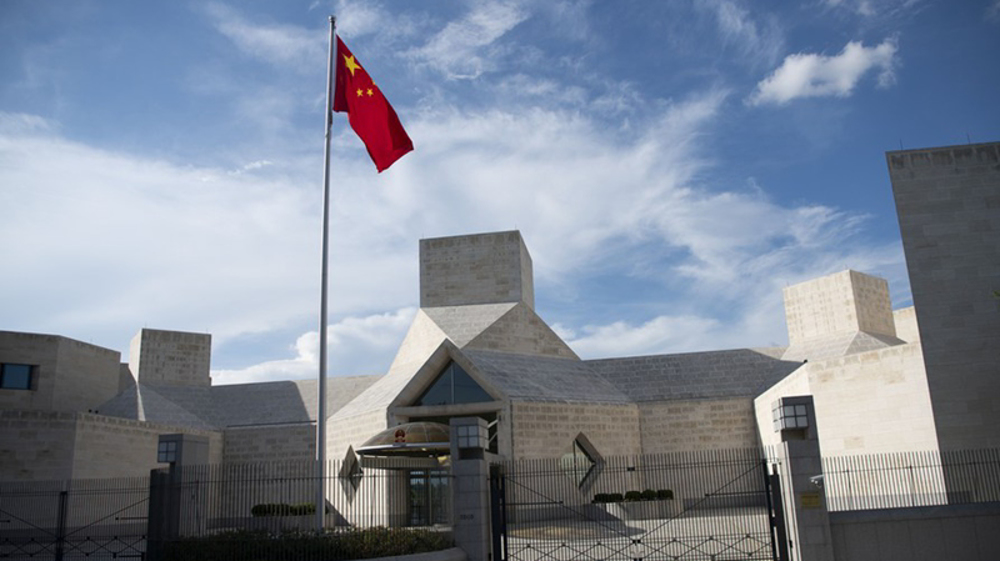



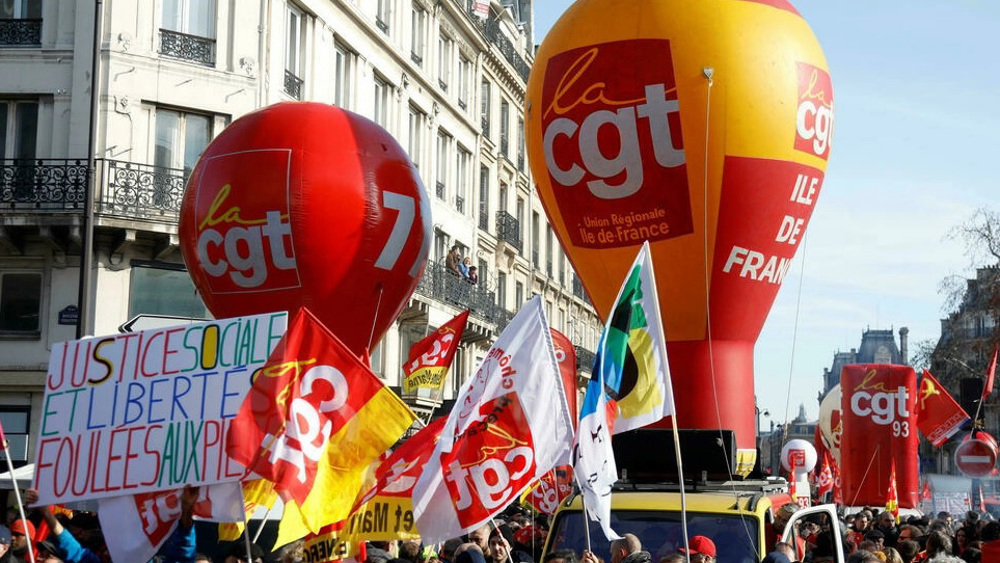
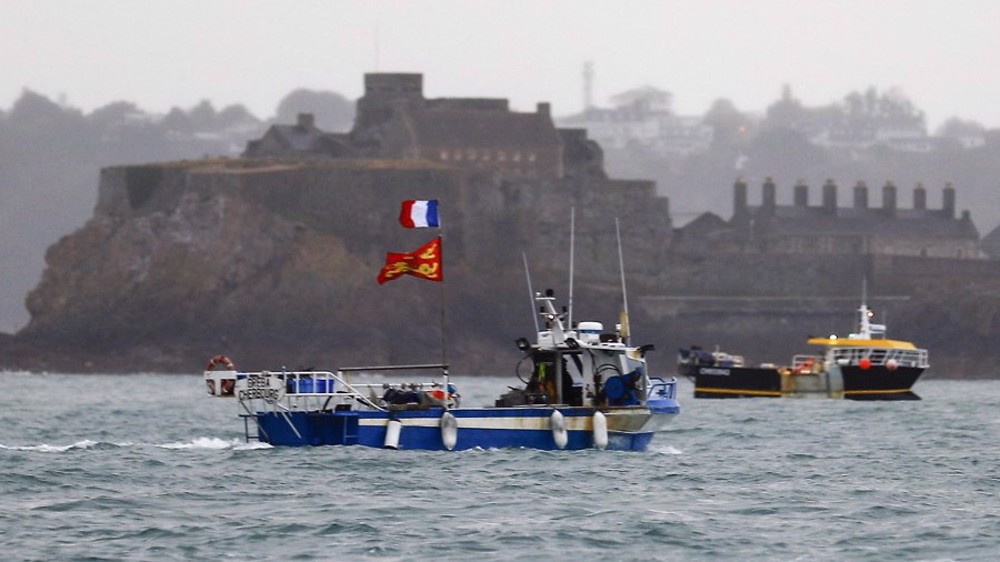
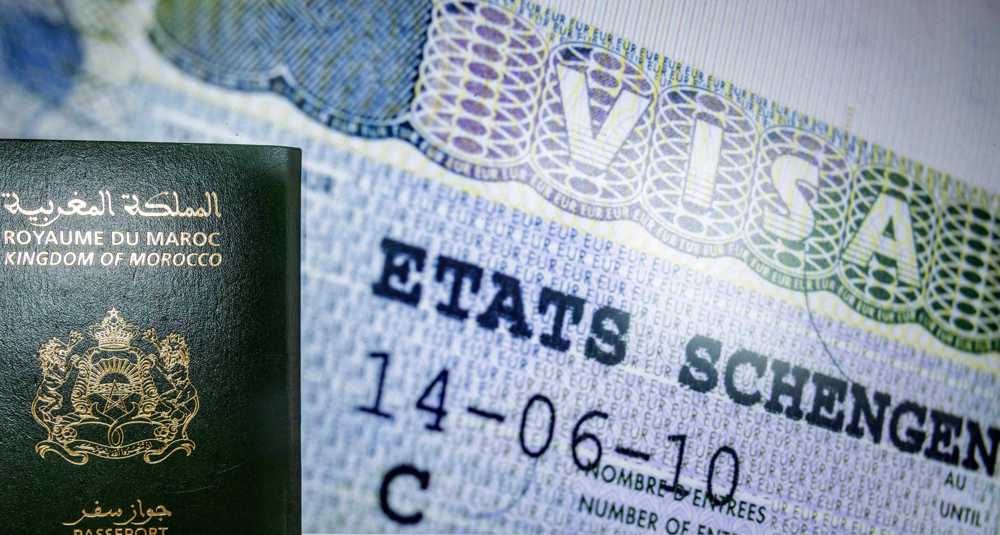
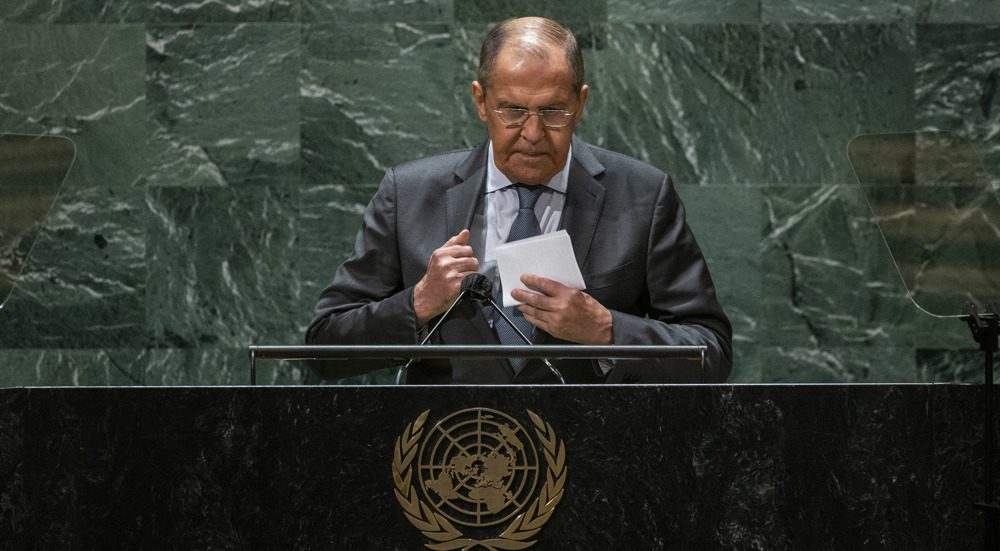
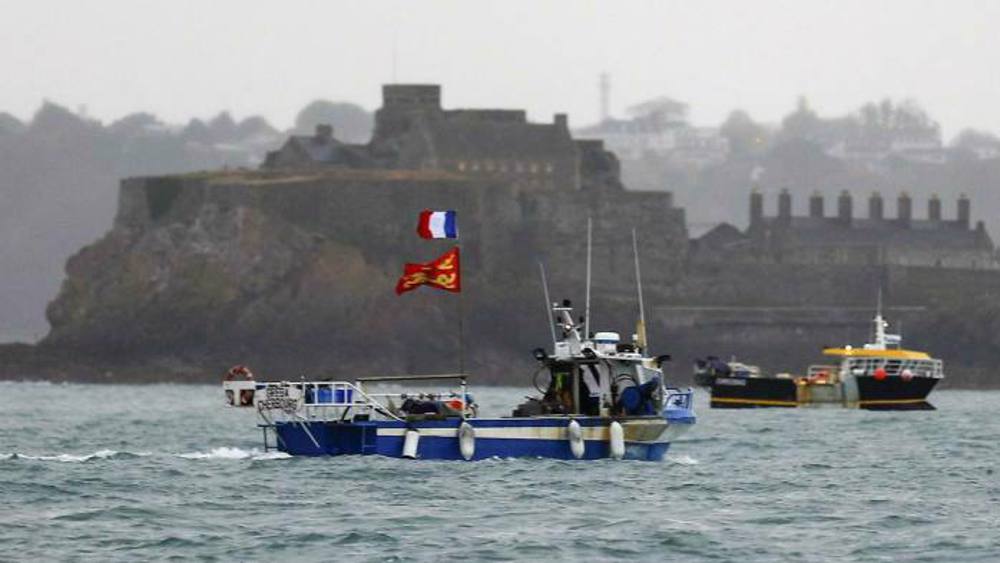
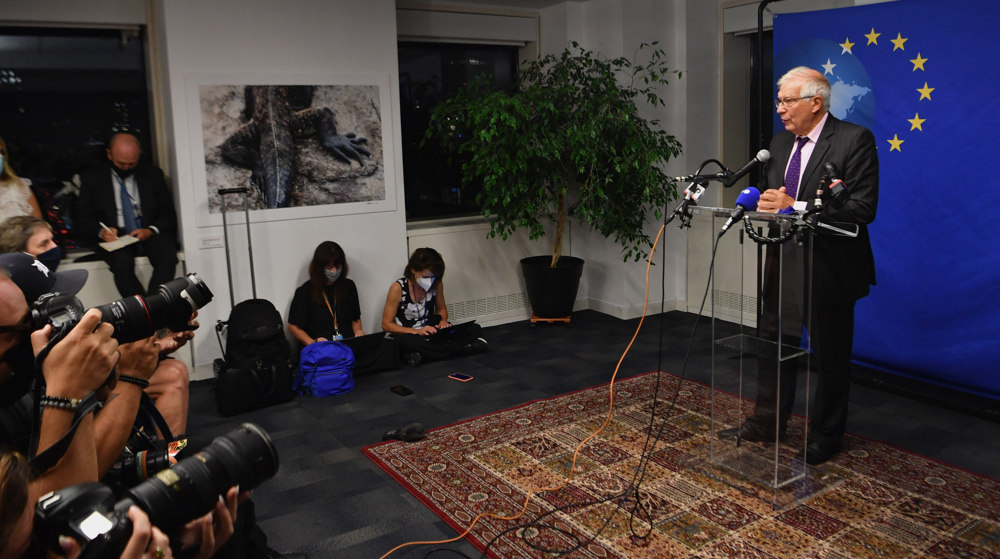

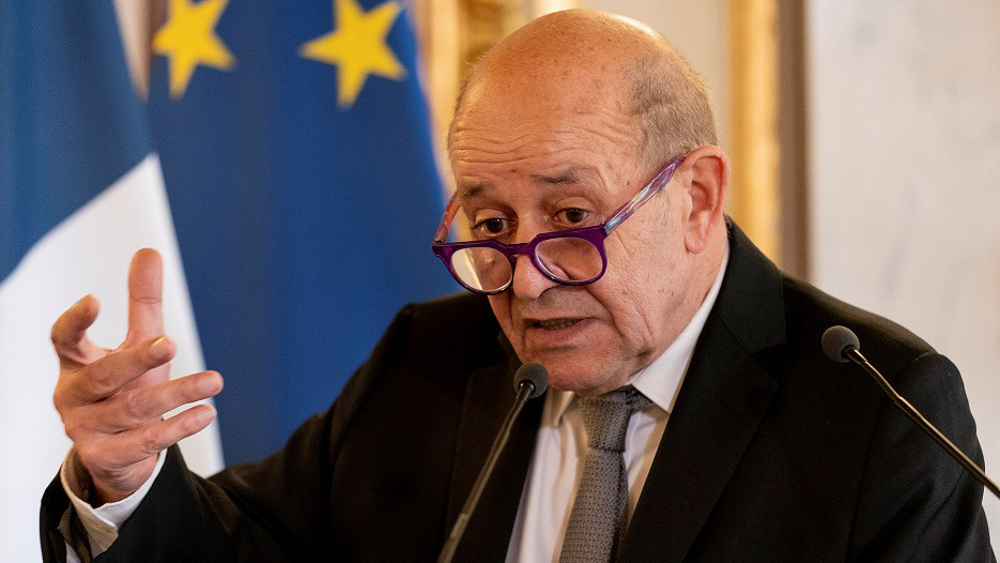
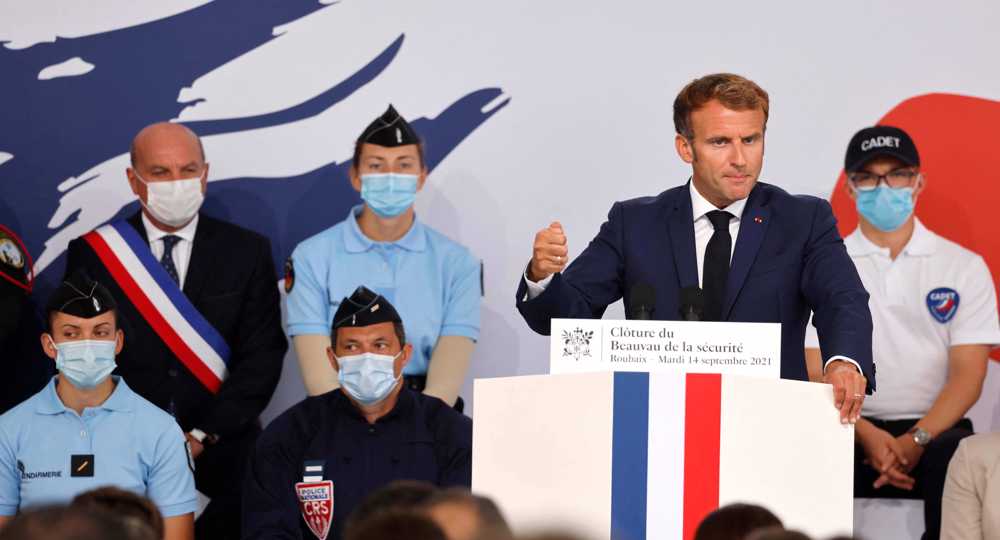

 This makes it easy to access the Press TV website
This makes it easy to access the Press TV website